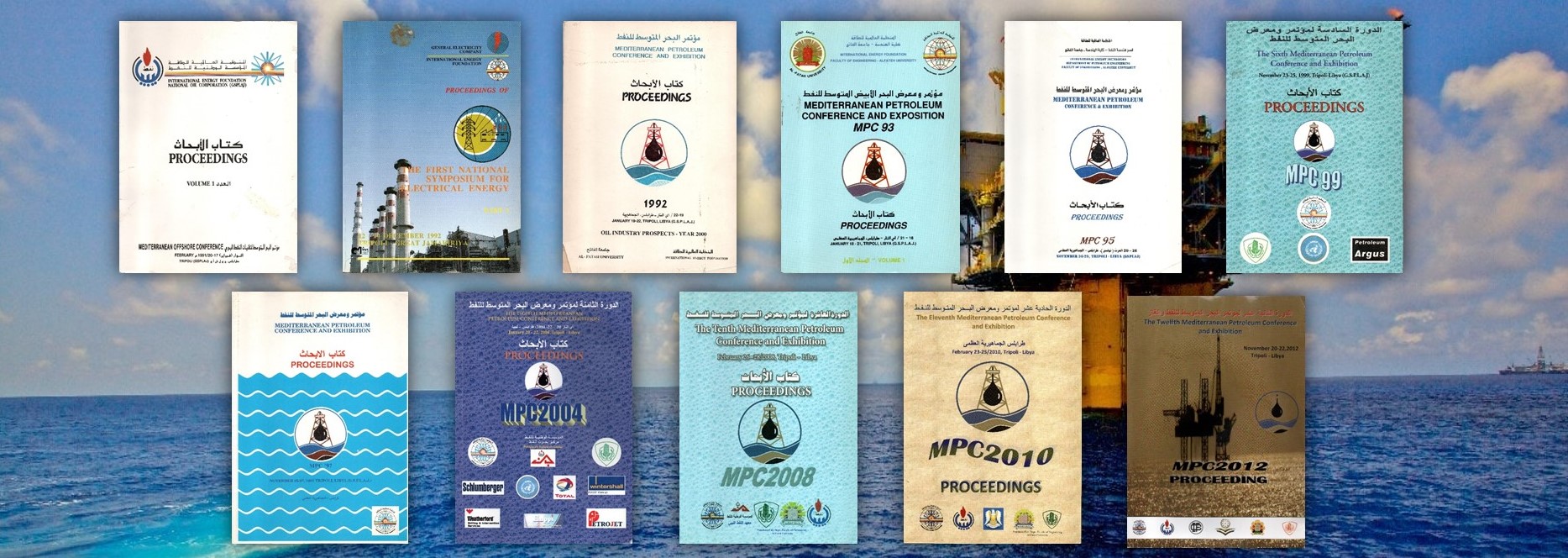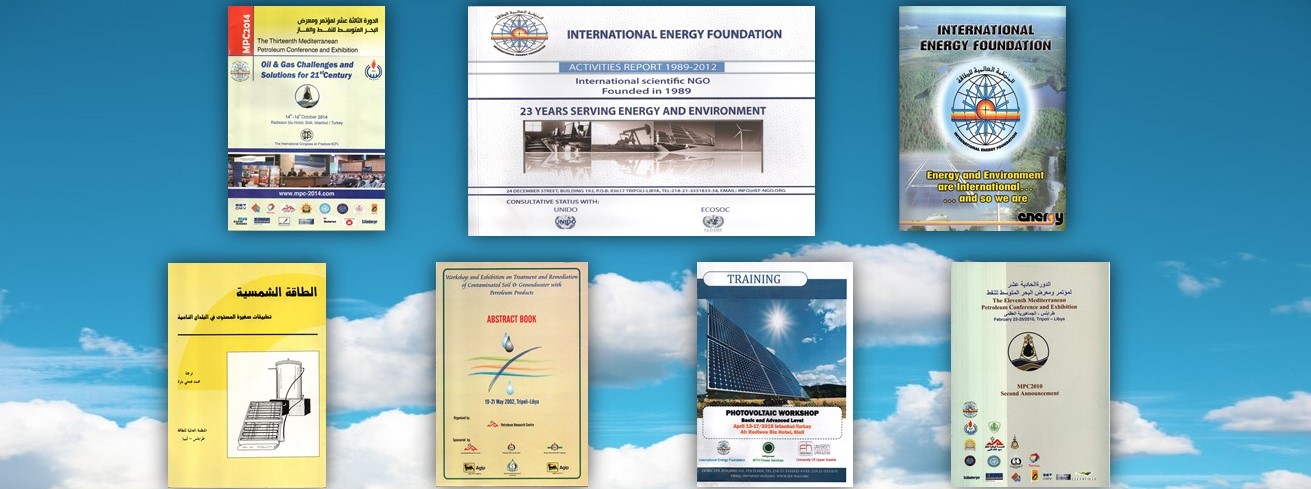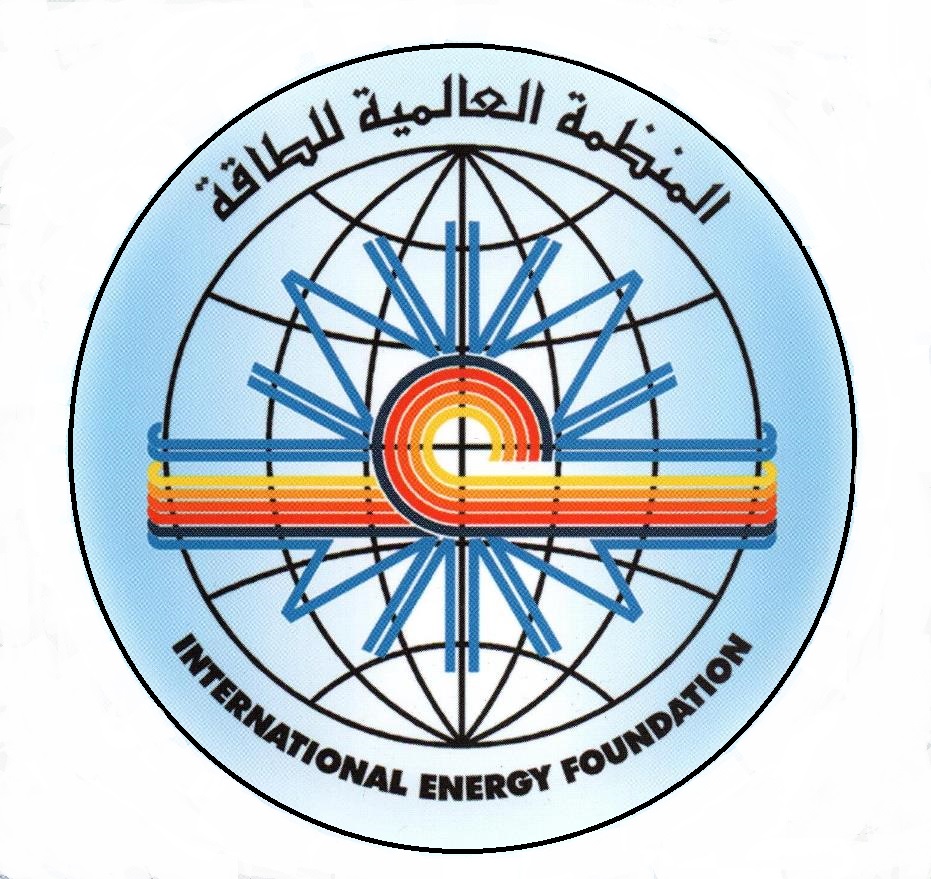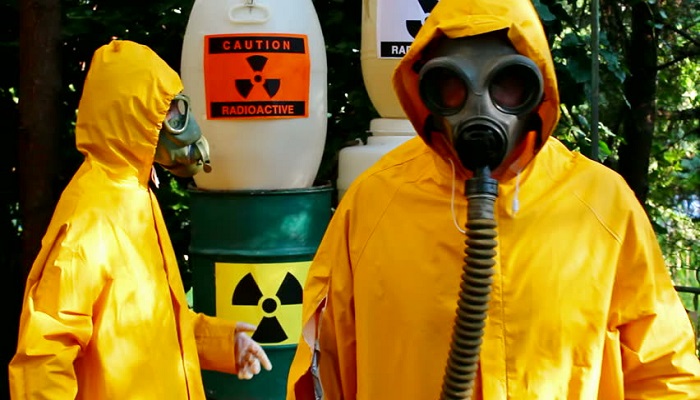Course Description
This course will consist of classroom presentations and interactive exchanges and exercises with participants. Members of the class will broaden their understanding on handling and interacting with chemicals in a lab and oil setting.
Participants can expect to learn how to determine the dangers of chemicals handled, how to store chemicals, how to determine appropriate courses of action in the event of spills, managing waste streams, and how to work with some salient chemicals found in oil wells.
Course Objectives
Participants in this course will learn how to:
- Store and handle chemicals in a safe manner
- Dispose of chemicals in a way safe to both the environment and personnel
- Mitigate accidents in the lab
- Assess risks from common petroleum chemicals
- Follow OSHA recommendations
Course Language
English
Who Should Attend
This course is designed for those who work directly with chemicals or who supervise those who work with chemicals.
Course Outline
Introduction to Toxic and Chemical Materials
- Defining Chemical Toxicity Terms
- Reading an MSDS
- Understanding Labeling Systems
- Generating a Standard Operating Procedure
- Recognizing Symptoms of Chemical Exposure
- Environmental Effects of Toxic Chemicals
Storing Chemicals
- Determining Appropriate Containers
- Determining Appropriate Conditions For Storage
- Storing of Explosive Materials
- Performing Inspections
Handling Chemicals
- Using Personal Protective Equipment
- Using Lab Hazard Equipment
- Performing Process Hazard Analysis
- Working With Gases
- Acting In Case of Spills
- Performing Inspections
Disposing of Chemicals
- What Chemicals Can Be Mixed
- Proper Labeling
- Using Proper Containers
- Tracking Waste Streams
- Conducting Internal Audits
Common Oil Field Chemicals
- Hydrogen Sulfide
- Crystalline Silica
- Particulate Diesel Exhaust
- Naturally Occurring Radioactive Material
- Acetylene
The Instructor
Andrew Stewart is a chemical professional who has spent time working in academic, chemical, and environmental industries. He has spent the last four years working at Contour Energy Systems, Inc, a private company founded by Dr. Robert Grubbs, a Caltech Nobel Laureate in Chemistry. In his capacity at Contour Energy Systems, Mr. Stewart helped develop new energy storage systems, electrolyte formulations, as well as managed waste streams. Before this position, Andrew worked at South Coast Air Quality Management District monitoring PM2.5 and PM10 matter from sites throughout Southern California, including refineries found in Long Beach and El Segundo. Mr. Stewart worked as a chemistry instructor for several universities in Los Angeles including Harvey Mudd University
Choose a convenient course time (click here)

















